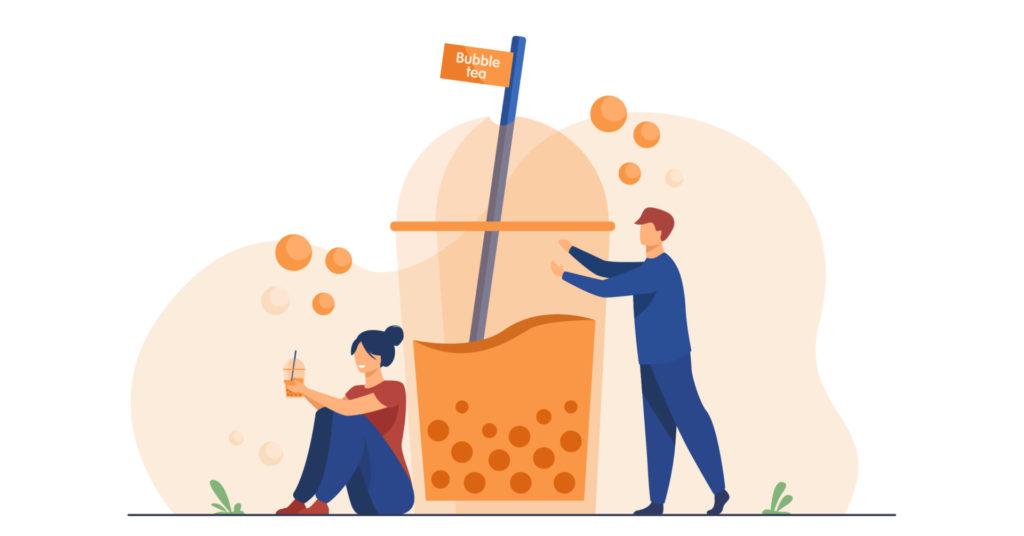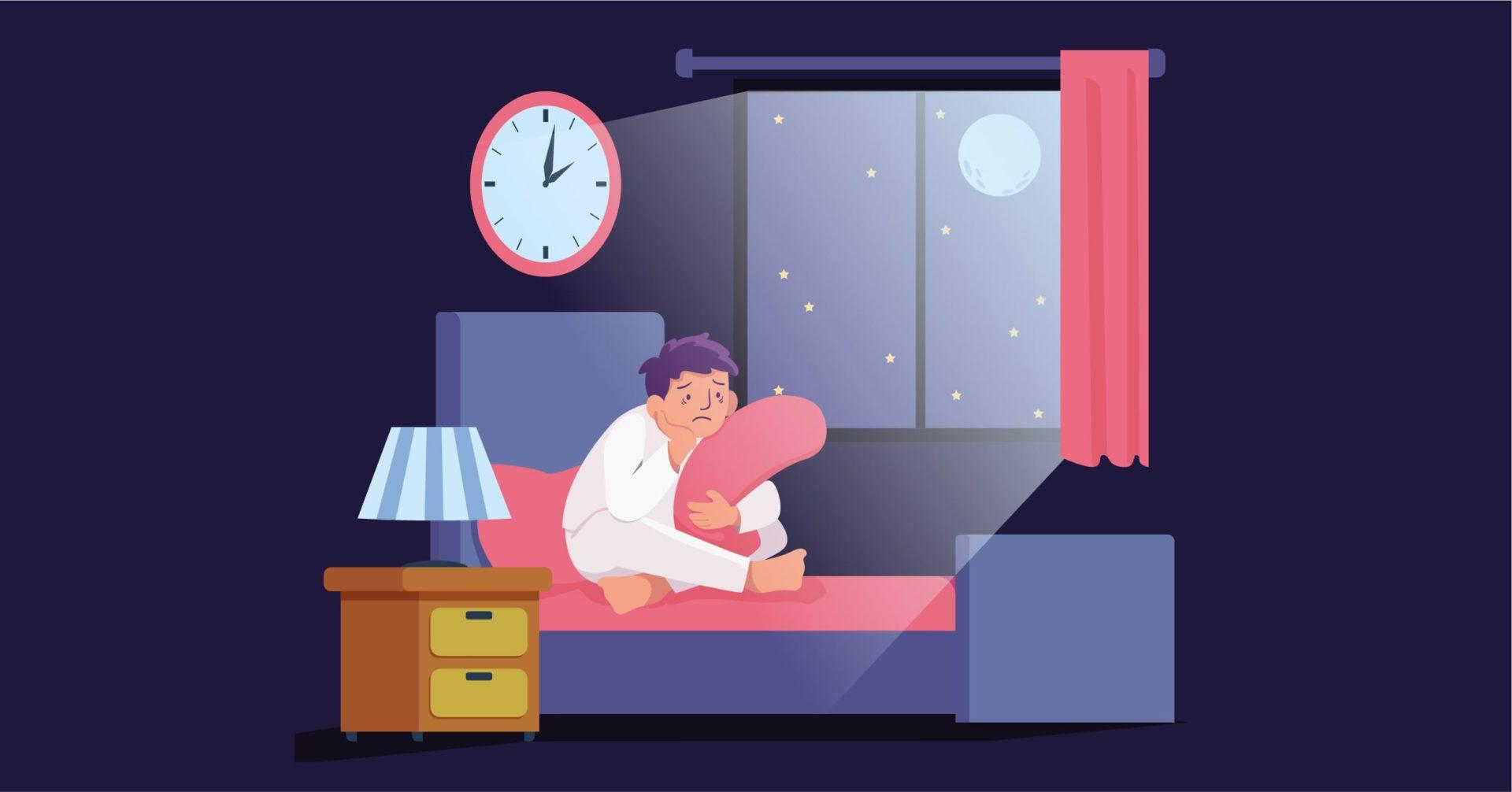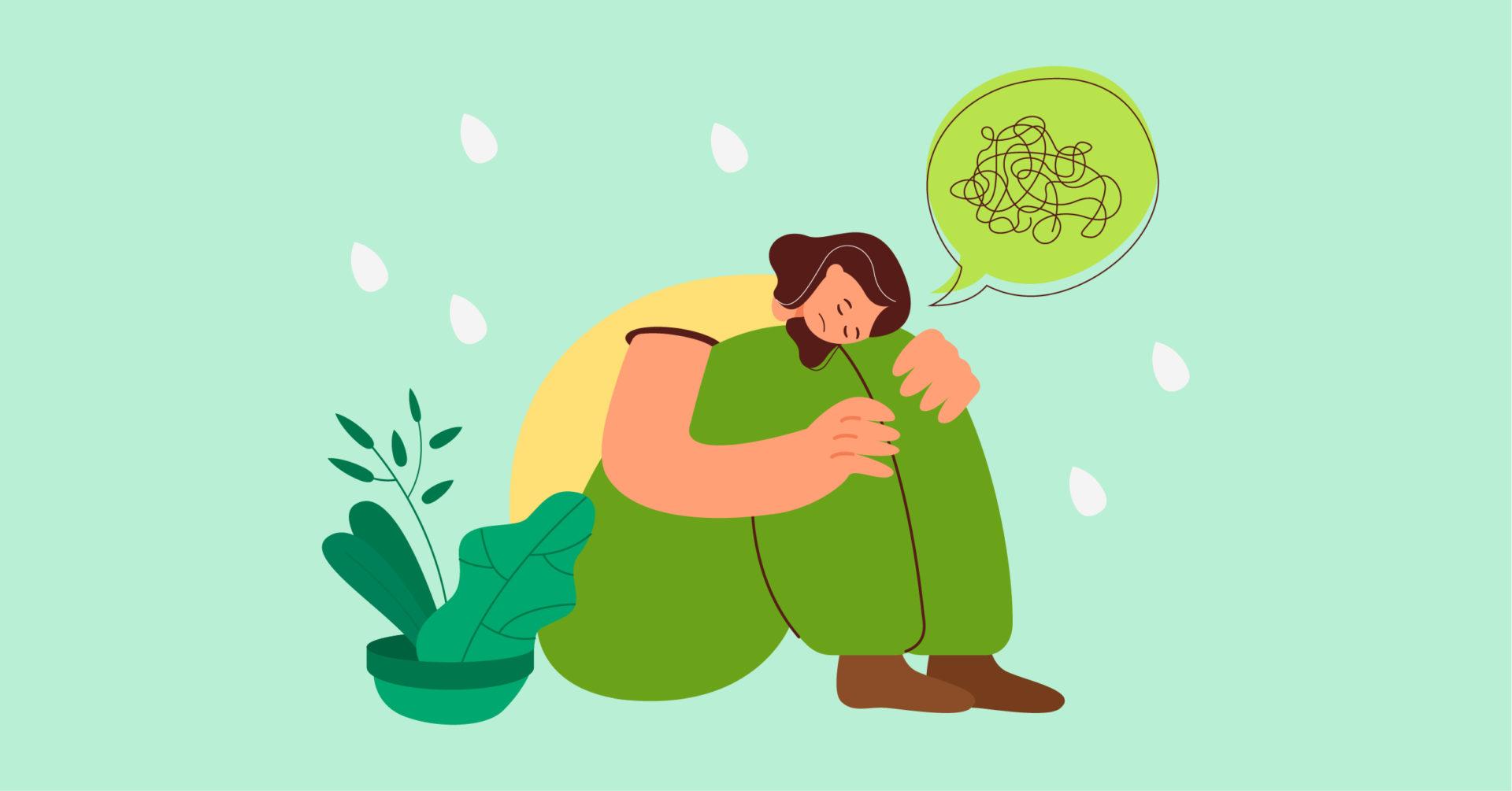Overview
Owing to a plethora of benefits, caffeine consumption has become a regular phenomenon, leading to it becoming the most widely used psychoactive substance. The assimilation of caffeine use into daily life is a result of its acceptance in society accompanied by its presence in readily available substances such as coffee, tea, and other beverages and foods .
However, the excessive ingestion of caffeine leads to Caffeine Intoxication, and produces symptoms of restlessness, nervousness, ringing ears, rambling, insomnia, excitement, and in polar cases, convulsions, irregular heartbeat, and/or even death.
Caffeine Intoxication is more likely to affect children due to their low body weight and tolerance, the elderly, and those who do not frequently consume caffeine.
Signs and Symptoms
This disorder requires medical diagnosis.
The symptoms of Caffeine Intoxication follow recent consumption of a high dose of caffeine (excess of 250mg), and can include:
- Restlessness
- Nervousness
- Excitement
- Sleeplessness
- Flushed face
- Stomach pain, heartburn, diarrhea, constipation, nausea, and/or vomiting
- Muscle twitching
- Excessive and continuous flow of thought and speech
- Periods of excessive energy and lack of exhaustion
- Meaningless movements
Caffeine Intoxication Disorder can have mental & physical implications.
Assess yourself today.
Risk Factors
The prevalence of caffeine intoxication in the general population is unclear. It is most often seen among those who do not frequently consume caffeine, as they may be especially sensitive to it. Age can be a contributing factor in caffeine intoxication, with increasingly intense reactions to caffeine as well as greater interference with sleep observed in those of advanced age. Children and adolescents may also be at risk due to low body weight and lack of tolerance. Additionally, it can also be observed in individuals who recently substantially increased their caffeine intake.
Oral contraceptives can reduce caffeine elimination and increase susceptibility of caffeine intoxication.
Caffeine Intoxication is also influenced by genetic factors. Twin studies have reported a 35-77% heritability of caffeine use.
Diagnosis
Caffeine is consumed by a large amount of people on a daily basis, being the largest consumed drug in the world. It can be found in tea, coffee, caffeinated soda, energy drinks, over-the-counter cold remedies, and even seen as additives in vitamins or other food products.
The Diagnostic Statistical Manual 5 lists the diagnostic criteria of Caffeine Intoxication as:
A. Recent consumption of caffeine (typically a high dose well in excess of 250 mg).
B. Five (or more) of the following signs or symptoms developing during or shortly after caffeine use:
- Restlessness
- Nervousness
- Excitement
- Insomnia
- Flushed face
- Diuresis
- Gastrointestinal disturbance
- Muscle twitching
- Rambling flow of thought and speech
- Tachycardia or cardiac arrhythmia
- Periods of inexhaustibility
- Psychomotor agitation
C. The signs or symptoms in Criterion B cause significant distress or impairment in social, occupational, or other important areas of functioning.
D. The signs or symptoms are not attributable to another medical condition and are not better explained by another mental disorder, including intoxication with another substance.
It is essential during diagnosis of Caffeine Intoxication for there to have been recent consumption of caffeine, followed by five or more of the aforementioned symptoms. Symptoms such as nervousness, excitement, restlessness, flushed face, diuresis, insomnia and gastrointestinal issues may occur even at low doses for those who are disproportionately vulnerable to caffeine intoxication, such as children, the elderly, or those who do not usually consume caffeine.
The consumption of over 1 gm of caffeine per day can lead to symptoms such as muscle twitching, rambling flow of thought and speech, tachycardia or arrhythmia, and psychomotor agitation.
Caffeine blood levels can provide vital information during diagnosis, especially if the individual is unable to provide an accurate case history.Caffeine Intoxication symptoms usually pass within the first day or so, and there have not been any long-lasting effects of the same. However, in cases involving extremely high consumption of caffeine doses (5-10 gm), there may be a need for immediate medical intervention as these doses can be lethal.
Treatment
Treatment for caffeine intoxication is based mainly on flushing the caffeine out of the system. Activated charcoal is commonly employed in order to stop the caffeine from entering the gastrointestinal tract.
Antacids are usually administered. Vomiting is controlled through metoclopramide, a dopamine antagonist used to treat nausea. Administration of oral diazepam or lorazepam is appropriate for symptomatic relief of agitation and anxiety.
In cases where the caffeine is already in the gastrointestinal tracts, doctors may prescribe laxatives. In extreme cases a gastric lavage may be used, which is a tube that washes the contents out of the stomach. Breathing support may be offered if necessary.
Home treatment for Caffeine Intoxication is unlikely to help. It is important to reach out to your primary healthcare advisor immediately. In cases of extreme distress, it is advisable to go to the emergency room for immediate treatment.
Differential Diagnosis
1. Other mental disorders: Caffeine intoxication has symptoms similar to those of mental disorders, like panic attacks. Caffeine intoxication is confirmed only after the possibilities of mental disorders are ruled out. The other disorders could be manic episodes; panic disorder; generalised anxiety disorder; amphetamine intoxication; sedative, hypnotic, or anxiolytic withdrawal or tobacco withdrawal; sleep disorders and medication-induced side effects.
2. Other caffeine-induced disorders: Caffeine intoxication is differentiated from caffeine-induced anxiety disorder and caffeine-induced sleep disorder with onset during intoxication. The symptoms in caffeine-induced disorders are in excess of those usually associated with caffeine intoxication and are severe and attract independent clinical attention.
Comorbidity
Regular doses of caffeine do not lead to medical concerns, although excess intake can cause symptoms of anxiety, depressive disorders, bipolar disorders, eating disorders, psychotic disorders, sleep disorders, and substance-related disorders and gastrointestinal distress. Extremely high doses of caffeine can even cause seizures and respiratory failure as severe as resulting in death.
Specialist
The diagnosis of Caffeine Intoxication is usually immediate in nature, owing to the severity and perceptibility of the symptoms. Procedures to alleviate discomfort are carried out by qualified doctors and nurse practitioners. Any necessary medication is prescribed during and immediately after treatment.
In Conclusion
Caffeine, a known stimulant, boosts the ability to focus & concentrate and improves the performance of the nervous system as it affects the production of dopamine. When consumed in small doses, caffeine makes you feel refreshed. But when Caffeine intake increases to an extreme level, it can cause physiological and neurological changes.
Apart from increasing the amount of acid in the stomach, it may also cause heartburn, digestive issues, and more.
If not curtailed at the right time, it may have psychiatric effects like heightened alertness, agitation, irritability, increased heart rate, and high blood pressure.
It is important to take the help of professionals in order to reduce the effect of withdrawal symptoms and thus, gradually remove caffeine from the system.
Consult our professionals for gradual and personalized therapy to get over caffeine addiction.
Book your with us session today.





